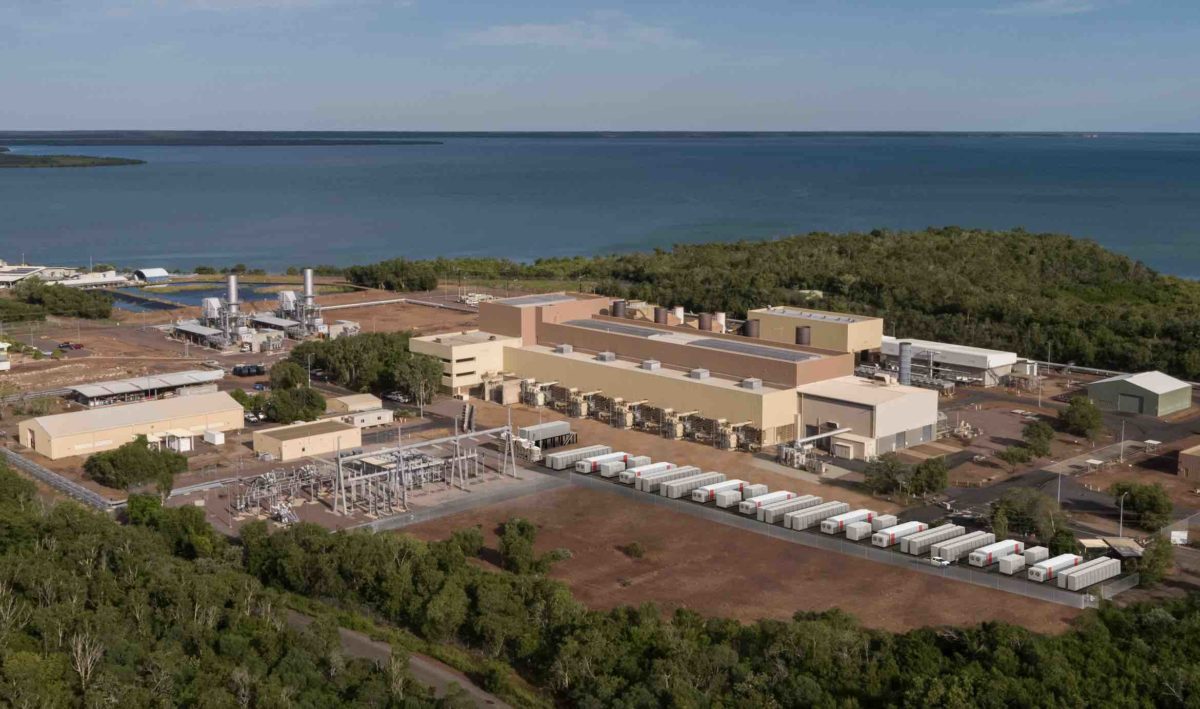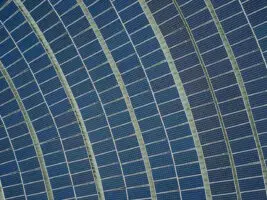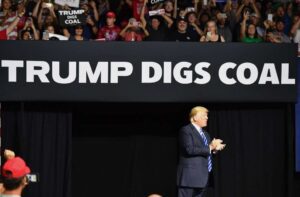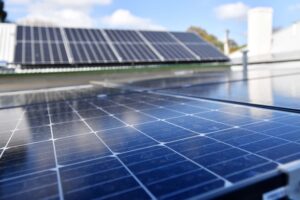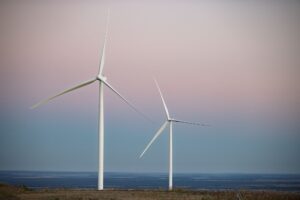The new Northern Territory CLP government has announced plans for a $400 million renewable hub on the outskirts of Darwin – comprised of six solar farms and battery storage.
The proposal envisages six different solar farms side by side and with a total capacity of around 210 megawatts, along with a big battery energy storage system.
The site proposed by renewable energy minister Gerard Maley is on 940 hectares of Crown Land, near existing network infrastructure and not far from the Middle Arm industrial hub, and all its power will be fed into the local grid.
“It is great for the economy and great for the environment, but the Darwin REH will also enable enhanced energy security and grid resilience, as well as place downward pressure on electricity bills,” Maley said in a statement.
It is not clear what the impact will be on the plans of SunCable, the world’s biggest solar and battery project, which had aimed for a first stage that would send power to the Darwin grid, although its proposal relies on the creation of major new green industries.
The NT already has four smallish solar farms totalling around 50 MW, but these have struggled to send any power to the grid because of strict rules about forecasting and dispatch, and the territory has also been working on two other big battery projects.
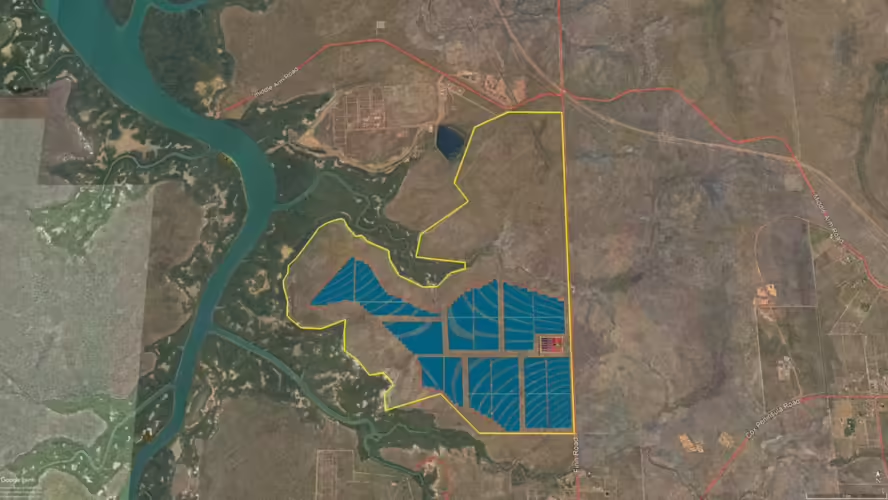
The announcement marks the first foray into large-scale renewables for the newly elected CLP government, which had showed little interest in the subject before being elected.
NT chief minister, Lia Finnochiaro, had instead promised to “unashamedly pursue mining, a well-regulated gas industry, defence, tourism and agriculture,” in the lead-up to the election.
A factsheet on the Darwin Renewable Energy Hub offers a more promising policy view on energy.
“A diverse mix of renewable energy resources, battery storage and traditional thermal gas generation ensures energy security, downward pressure on electricity costs, and job opportunities for Territorians,” it says.
“The Darwin Renewable Energy Hub (REH) is a key initiative in the Territory to boost renewable energy generation while lessening greenhouse gas
emissions as we transition to a net zero world.
A consultation process has been launched to give community, businesses and key stakeholders a chance to learn about the project and offer feedback. Submissions can be made here.
The government says the project’s final design will be informed by the feedback and, subject to a final investment decision, the project is expected to commence construction next year and be completed by 2030.

